Cat vaccination schedule
Cat vaccination schedule Ensure your cat stays healthy with essential vaccinations! Discover the recommended feline vaccination schedule, core and non-core vaccines, and expert guidelines to protect your pet.
2/5/20253 min read
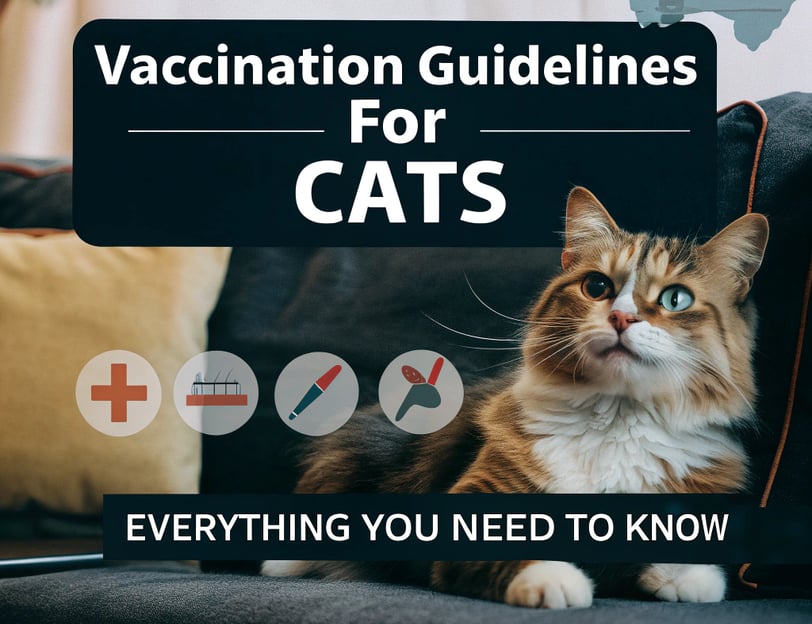

Vaccination Guidelines for Cats: Everything You Need to Know
Vaccinations are essential for protecting your cat from deadly diseases and ensuring they live a long, healthy life. Whether you have a kitten or an adult cat, understanding the right vaccination schedule is crucial. In this guide, we’ll cover core and non-core vaccines, recommended schedules, and tips for keeping your feline safe.
Why Vaccinating Your Cat is Important
Vaccines help strengthen your cat’s immune system, preventing serious illnesses like feline panleukopenia, rabies, and respiratory infections. Benefits include:
✔ Prevention of life-threatening diseases
✔ Protection for other pets and humans (especially with rabies)
✔ Lower vet bills by avoiding costly treatments
✔ Compliance with legal requirements in many areas
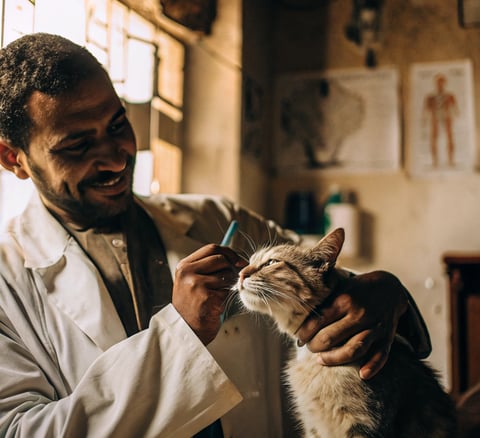

1. Core vs. Non-Core Vaccines
There are two types of cat vaccines: core and non-core.
A. Core Vaccines (Essential for All Cats)
These vaccines are mandatory because they protect against highly contagious and deadly diseases.
Vaccine----->Disease Prevented----> Frequency
FVRCP------->Feline viral rhinotracheitis, calicivirus, panleukopenia------>Every 1-3 years
Rabies------>Rabies (fatal to pets and humans)------>Annually or every 3 years
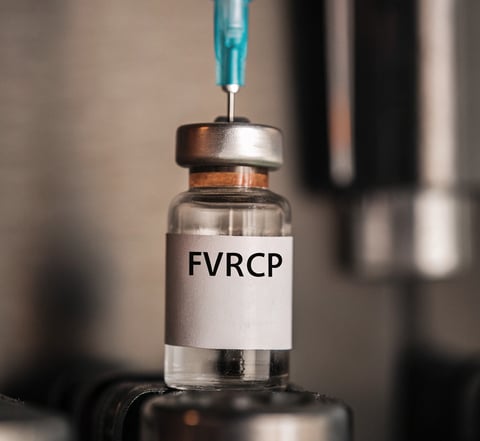

Learn more "How to Reduce Vet Costs Without Compromising Care"
B. Non-Core Vaccines (Recommended Based on Lifestyle)
Non-core vaccines depend on your cat’s exposure risk. Outdoor cats or those in multi-cat households may need extra protection.
Vaccine----->DiseasePrevented--->RecommendedFor
FeLV----->Feline leukemia virus----->Outdoor & multi-cat homes
Chlamydia----->Chlamydia felis (respiratory infection)------>Cats in shelters or catteries
Bordetella------->Bordetella bronchiseptica (kennel cough)----->Cats exposed to boarding facilities
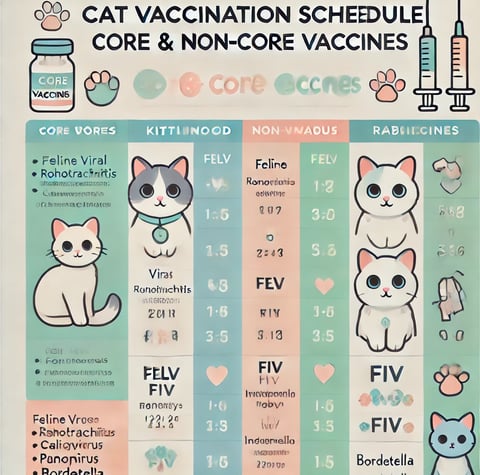

2. Cat Vaccination Schedule
A. Kitten Vaccination Schedule (6–16 Weeks)
Kittens require multiple doses to build strong immunity.
Age --------> Vaccine
6-8 weeks ------->FVRCP (1st dose)
10-12 weeks------->FVRCP (2nd dose), FeLV (if needed)
14-16 weeks------>FVRCP (final dose), Rabies
💡 Tip: Kittens should stay indoors until they are fully vaccinated.
B. Adult Cat Vaccination Schedule (1 Year & Older)
After the kitten series, booster shots are required for ongoing protection.
Age -------> Vaccine
1 year -------->FVRCP, Rabies
Every 1-3 years --------->Booster doses (as recommended by vet)
💡 Tip: Indoor cats need vaccinations too! Some viruses spread through air or human contact.
Learn more "Preventing Common Cat Diseases: A Guide for Pet Owners"
3. Signs of Vaccine Reactions
Most cats tolerate vaccines well, but mild side effects can occur, including:
⚠ Lethargy
⚠ Mild fever
⚠ Loss of appetite
⚠ Swelling at the injection site
Serious reactions (rare) include vomiting, difficulty breathing, or swelling in the face. If this happens, seek veterinary care immediately.
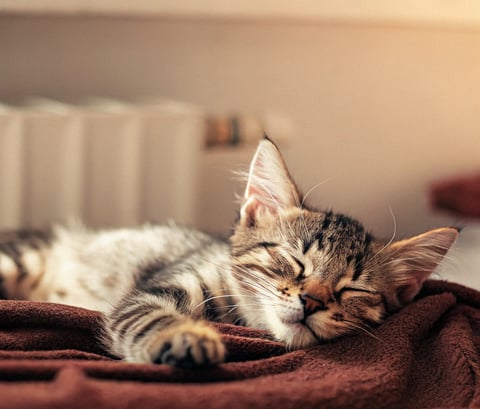

4. Tips for Stress-Free Vaccinations
🟢 Schedule vaccines in the morning – Allows time to monitor your cat for reactions.
🟢 Use a calming pheromone spray – Helps reduce anxiety before vet visits.
🟢 Reward your cat afterward – A treat or playtime makes the experience positive.
🟢 Keep up with booster shots – Mark your calendar for yearly check-ups.
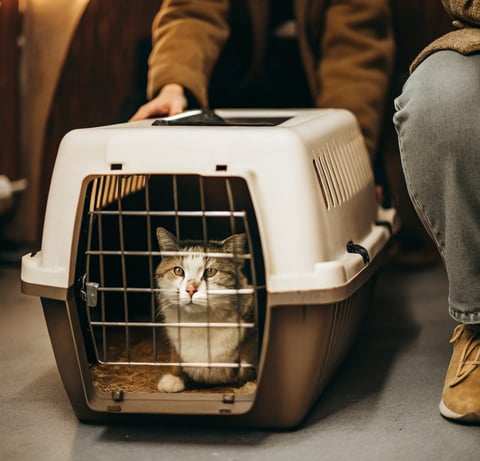

5. Cost of Cat Vaccinations
The price varies depending on location and clinic, but here’s an estimate:
Vaccine------>Cost (USD)
FVRCP------->$20 - $50
Rabies-------->$15 - $30
FeLV---------->$25 - $45
💰 Ways to Save Money:
Check for low-cost vaccine clinics at shelters.
Some vet schools offer discounted services.
Consider a wellness plan that includes vaccines.
🔗 Find low-cost vaccines near you: ASPCA Low-Cost Vet Services
Conclusion: Keep Your Cat Protected
Vaccinating your cat is one of the best ways to ensure a healthy, happy life. Stay consistent with booster shots, choose the right vaccines based on lifestyle, and consult your vet for the best protection plan.
